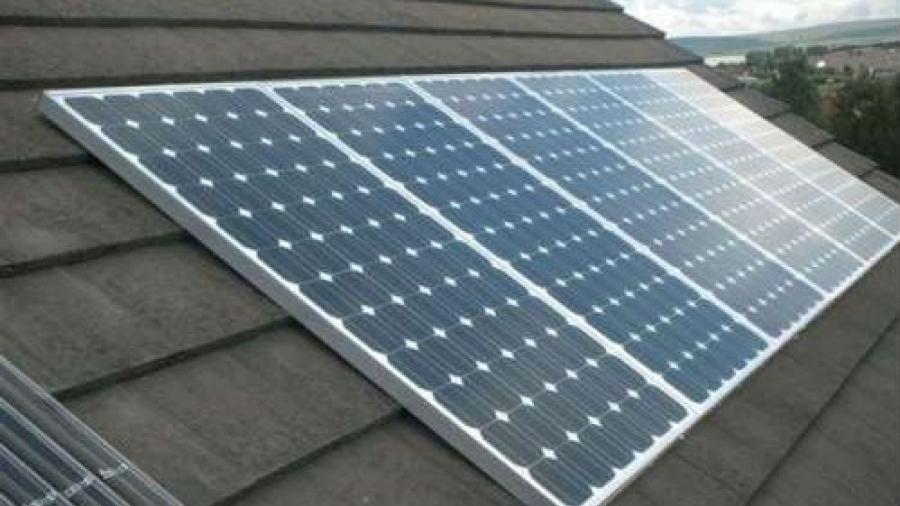Solar PV is also a way for individuals and communities to generate their own clean power – reducing dependence on the big six energy companies and cutting energy bills.
Last month, two schools in Brighton switched on their solar panels. Brighton Energy Cooperative is in the process of raising funds from local people for their fifth large PV system.
Residents of Balcombe – the Sussex village famed for fracking protests – are planning to generate 100% of their electricity needs from solar.
Government should be doing all that it can to support solar power at all scales – not making it more difficult. Yet this is exactly what Coalition Ministers are planning to do.
Despite the huge potential and popularity of solar power, the Government is expected to announce yet another unjustified and harmful review of solar subsidies.
Whilst households wanting to install domestic scale solar PV won’t be affected, the changes could have a disastrous impact on ground-mounted solar arrays, sometimes called solar farms.
Ministers’ claims that solar farms are blighting our countryside are wildly overstated.
Such installations typically take up less than 5% of the land they are on, leaving huge scope to develop protected habitats to support local wildlife and plant life.
Last month, at Kew Gardens, major conservation organisations joined forces with solar industry to launch a guide to help maximise the biodiversity benefits of solar farms.
This builds on a partnership between Solar Century and the Bumblebee Conservation Trust to use solar farms to boost bumblebee populations, which have been in significant decline in recent years.
Of course solar farms have some impacts and must be designed and sited appropriately. Projects should also involve community ownership wherever possible (as I’ve called for in a recent Early Day Motion).
The Government says that it wants more medium-scale solar PV on rooftops instead. But their policy for this size of solar PV is not up to scratch despite repeated pleas from solar firms to address the problems. Solar power at all scales should be encouraged.
I've tabled an urgent parliamentary question, calling on the government to maintain the level of support for large-scale solar under the renewable obligation (RO) scheme until April 2015 at the very earliest.
Threats to RO certainty between now and the end of the current financial year are incredibly serious. Solar schemes can take 12 months from start to finish so there's likely to be £100s of millions invested in projects that won't be installed until last quarter of this financial year (January to March 2015).
Even after April 2015, severe cuts to solar support could threaten future projects and undermine what should be a thriving industry in Sussex and across the UK.
The Minister in charge of the UK’s solar strategy, Greg Barker, has been very active on Twitter over recent days.
He’s been sharing his wisdom on wave power, launching the Renewable Energy Association's impressive jobs report, promoting the Green Deal, and retweeting a photo of two dogs.
He’s even told his followers about his breakfast with Middle East's Solar Industry Association. But as far as it looks, he has not one word of reassurance to the UK solar industry and its 16,000 employees.
If you agree that the Government should get behind home-grown solar power instead of blocking responsible solar farm developments in Sussex and beyond, you could tweet Greg Barker, the Climate Minister, at @gregbarkermp.




Join The Discussion